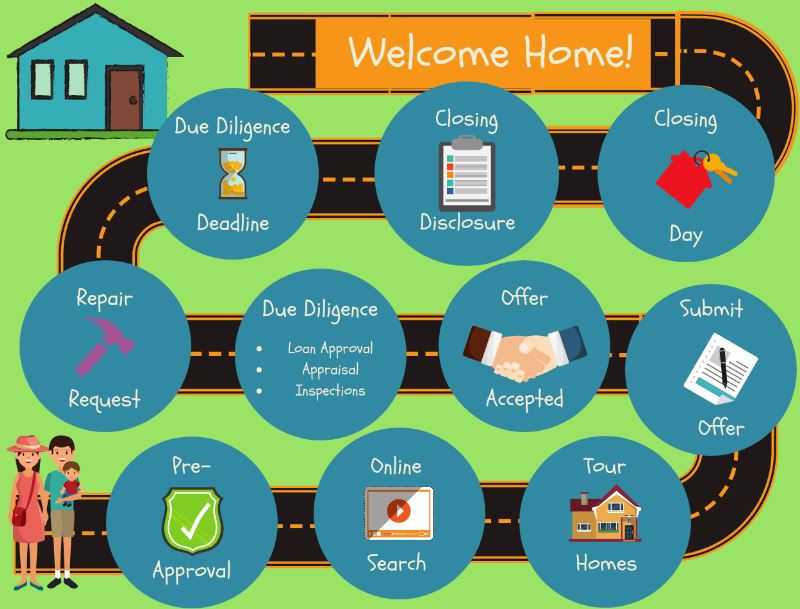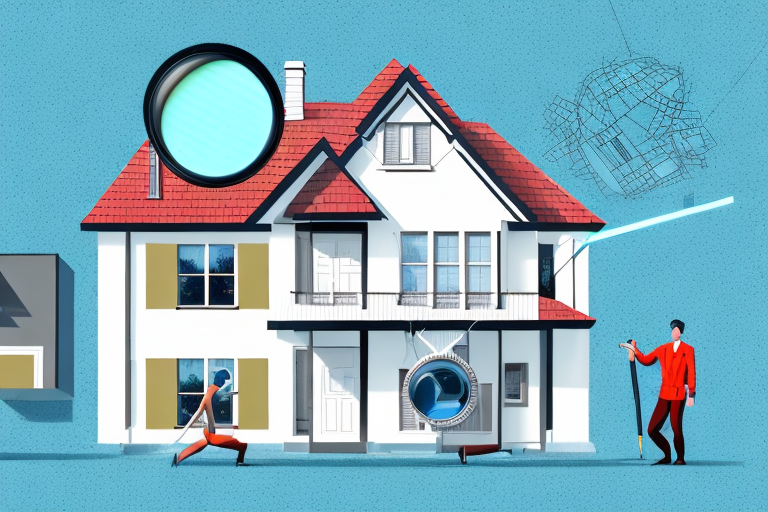The Ultimate Guide to Choosing a Buyers Agent for Your Perth Property Investment Journey
Exploring Perth’s Hidden Property Treasures: Expert Advice from Local Buyers Agents

Expertise
With years of experience and a deep understanding of the Australian property market, we possess the expertise to navigate the complexities of property buying.

Personalized Approach
We believe that every buyer has unique needs and preferences. That's why we take a personalized approach to understand your requirements and tailor our services accordingly.

Nationwide Coverage
As a leading buyers agency with a nationwide reach, we have an extensive network of contacts, covering major cities and regional areas across Australia.

Extensive Property Search
Finding the right property can be time-consuming and overwhelming. We alleviate the burden by conducting an extensive property search on your behalf. Our dedicated team scours the market, leveraging our network and industry connections to identify properties that meet your criteria. We save you valuable time and effort, presenting you with a curated selection of properties that match your requirements.
- knowledge and connections to assist you
- finding the perfect property in your desired location
- giving you a competitive edge in your property search
Due Diligence and Property Assessment
At Absolute Construction Au, we understand the importance of thorough due diligence. Our experts conduct comprehensive property assessments, evaluating market value, potential risks, and investment potential. We provide you with detailed reports and insights, empowering you to make informed decisions and minimizing any potential risks associated with your property purchase.
Seamless Transaction Management
Navigating the intricacies of the buying process can be overwhelming. Our team offers seamless transaction management, handling all aspects of the purchase process on your behalf.
Focus on Your Best Interests
As your trusted buyers agency, we are committed to representing your best interests throughout the entire property acquisition journey. We act as your advocate, ensuring that you receive unbiased advice, transparent communication, and ethical representation.


Whether you're a first-time buyer or an experienced investor, Absolute Construction Au is your partner in finding the best properties in Australia. Our unwavering commitment to excellence, attention to detail, and personalized service sets us apart in the industry. Take the first step toward securing your dream property by contacting us today. Let us navigate the Australian property market on your behalf, making your property buying experience seamless, successful, and rewarding. Trust Absolute Construction Au as your premier buyers agency in Australia.
Get To Know More From
Our Blogs & News
- All Post
- Buyers Agent
- Home Designs
- Property Investment

Investing in property can be a wise financial decision, but it can also be overwhelming. There are many factors…

Perth’s property market is a unique landscape that requires expert guidance for successful investment. As a potential buyer, it…

Perth’s real estate market has undergone significant changes in recent years, and navigating this landscape can be challenging for…
What Our Clients Say About Us!
Absolute Construction Au is the best buyers agency in Australia. Their expertise and market knowledge helped me find the perfect property and made the buying process smooth.
Thanks to Absolute Construction Au, I found my dream home stress-free. Their professionalism, negotiation skills, and attention to detail exceeded my expectations.
